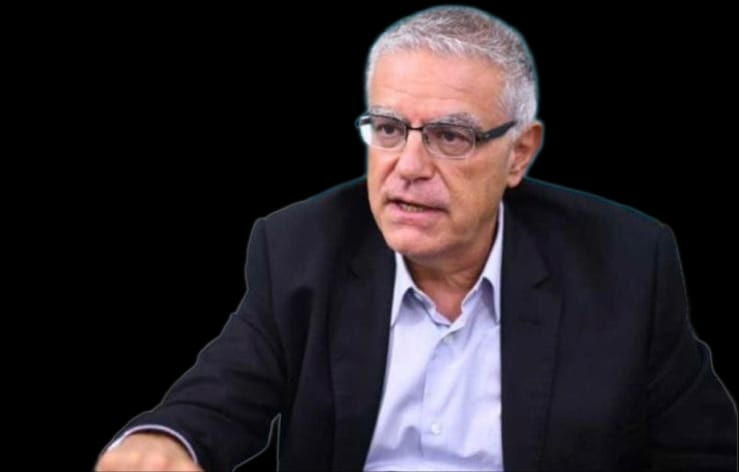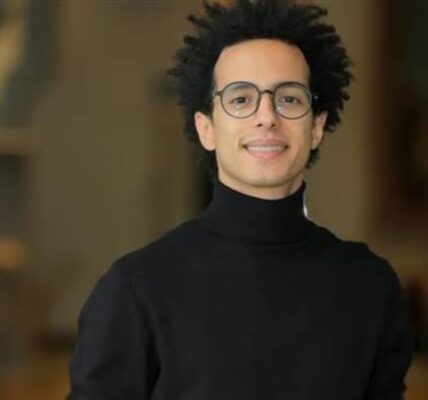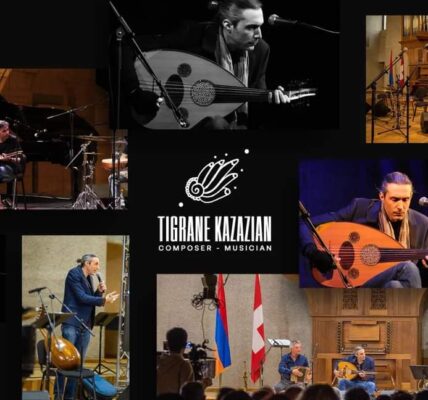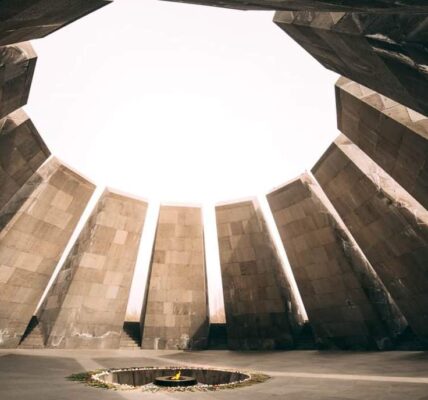A Glimpse into the Mazloumian Family Legacy
The Mazloumian family, originally from Western Armenia, found themselves at a historical crossroads during one of the region’s most turbulent periods. Like many Armenians fleeing the horrors of the Ottoman Empire, they sought refuge in the Middle East, with many settling in Egypt. Their story is not simply one of migration, but of reinvention, resilience, and, most importantly, a steadfast commitment to preserving Armenian culture far from their homeland
The Early Days: From Aleppo to Egypt
Their journey to Egypt was not easy. Like many Armenian families, they had to endure the grief of leaving their ancestral lands. However, they were not just survivors; they were pioneers. Since the early 20th century, the Mazloumian name has been synonymous with pioneering figures who contributed to the social and economic life of Egypt. But the foundation of their story begins across the border, in Syria
In Aleppo, Armen Mazloumian made his mark by opening the Baron Hotel in 1911. A landmark of luxury and hospitality, the hotel became a symbol of creativity amidst instability. Over the years, prominent figures, writers, and artists—including T.E. Lawrence (Lawrence of Arabia)—found temporary refuge within its walls. While the Baron Hotel in Aleppo is inextricably linked to the family’s history, their journey took a different path once they moved to Egypt in search of new opportunities
Bedros Mazloumian’s Role in Egypt
The story of Bedros Mazloumian takes us to Egypt. After years of study in Constantinople, Bedros found his passion in pharmacy. His legacy in Egypt is evident in his invention of specialized eye drops and creams, which have become an essential part of the Egyptian medical landscape. For Bedros, his work in Egypt was not just limited to business; it extended to making a real and tangible impact on the lives of ordinary Egyptians. His success was not limited to his invention but extended to his pioneering spirit, which paved the way for generations to come
Dr. Kevork: A Life of Service and Devotion

Dr. Kevork was a highly esteemed and beloved physician for three generations and respected by all he helped. He was deeply involved in Cairo’s Armenian community, constantly providing aid and support to those in need. His dedication to his Armenian heritage was evident through his roles in the diocesan council and various organizational committees. Dr. Kevork, a specialist, traveled frequently to the United States and Romania with backing from Egyptian state authorities. After specializing in his field, he spent many years as a consultant for the Egyptian government’s anti-drug and treatment program. He was a faithful servant to his profession where he was called “Angel on earth”
Preservation of culture in Egypt: Armen Mazloumian
While Hovhannes made his name through work, Armen shifted his focus to a different form of conservation: cultural. As an active figure in the Armenian-Egyptian community, Armen made it his mission to defend the memory of the Armenian genocide. In 2015, he helped bring the documentary “Who Killed the Armenians?” to the Egyptian audience. For Armen, the work was not just about history; it was about ensuring that future generations would never forget the stories of pain, loss, and resilience
Armen’s participation was not limited to just one project—he devoted his whole life to preserving the Armenian identity in Egypt, promoting a deeper understanding between the Egyptian and Armenian communities
A bridge between the two worlds: the Armenian-Egyptian relationship
The Mazloumian legacy is not limited only to the Baron Hotel or the pharmaceutical success of Hovhannes. It’s also about how they navigated the complexities of being Armenian and Egyptian. The Armenian community of Egypt, once a prosperous part of the social fabric of the nation, has long been involved in business, art, and politics. Figures such as Nubar Pasha, the first prime minister of Egypt, represent the heights achieved by society
But by the middle of the 20th century, the changing political landscape in Egypt, marked by the revolution of 1952, led to the departure of many Armenians, including members of the Mazloumian family. However, the influence of their work continued in the hearts of those who remained behind. Despite the mass exodus of Armenians from Egypt, the family’s efforts in preserving cultural heritage had long-lasting effects on both the Armenian diaspora and the wider Egyptian society
Challenges: displacement and adaptation
For the Mazloumian family, the journey was not without challenges. It was not easy to endure displacement from their homeland, uprooting from Syria, and changes in the socio-political climate in Egypt. However, through it all, they adapted. Their resilience is woven into the fabric of their story. From the establishment of a successful business to the defense of cultural issues, they survived every storm with unshakable strength
Their journey also reflects the broader experience of the Armenian diaspora—communities scattered, displaced, and fragmented, yet finding ways to flourish while keeping old traditions alive
A legacy of resilience and adaptability
The story of the Mazloumians is ultimately one of perseverance. From the Baron Hotel to Hovhannes’ work in the pharmaceutical world, and Armen’s dedication to cultural advocacy, their contributions have left an indelible mark. Their story emphasizes the importance of preserving cultural identity while embracing new challenges and opportunities. The legacy of the oppressed in Egypt reminds us how mixing different cultures can create something truly unique—a heritage that stands the test of time




